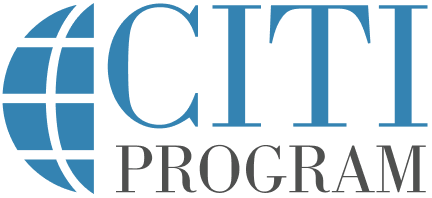This course offers a foundational introduction to quantitative methods, focusing on the principles and techniques used to collect, analyze, and interpret numerical data. Participants will explore key concepts such as variables, measurement, sampling, and basic statistical analysis. By the end of the course, learners will be equipped with the essential skills to apply quantitative methods in research, evaluation, and data-driven decision-making.
Language Availability: English
Suggested Audiences: Faculty, Higher Education Administrators, Postdocs, Students
Organizational Subscription Price: Included in Foundations in Research Methods series, available as part of an organizational subscription package or as a subscription add-on for $1,000 per year/per site for government and non-profit organizations; $1,200 per year/per site as a subscription add-on for for-profit organizations
Independent Learner Price: $99 per person

